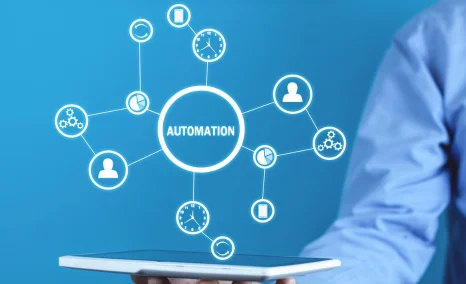Biosimilar Market in India
Oct 28, 2016
Today’s opportunity for Indian companies in biosimilars is not much different from that of the generics industry in 1984. According to Ministry of Commerce and Industry, India’s pharmaceutical export segment has more than doubled from $ 7.8 billion in 2008 to $ 16.5 billion in 2014. With biologic treatments introduced for diseases such as diabetes, cancer, multiple sclerosis, and rheumatoid arthritis, potentially lucrative biosimilar market could emerge as another growth driver of India’s pharmaceutical sector. India has a strong potential to emerge as a key player in the manufacture and marketing of biosimilars.
There are few Indian pharmaceutical companies substantially investing resources towards expanding their biosimilar portfolios. Dr. Reddy’s Laboratories, an Indian multinational pharmaceutical company, is one of the key players in the forefront of the biosimilar segment and has developed Reditux™, the world’s first biosimilar antibody. Biocon Ltd, which received its first approval for insulin glargine in a developed market (Japan) in March this year, is gearing up to submit application for approval in Europe and the US for its four products in FY17.
To increase global reach and market acceptance of their products, Indian companies are setting up manufacturing base overseas. For example, Biocon has reportedly invested $ 200 million on its just commissioned insulin plant in Malaysia. Similarly, Cipla is investing about Rs 600 crore (Rand 1.3 billion) in the new biosimilar manufacturing facility in South Africa, which the company intends to use to serve local as well export markets such as US, Europe and Asia.
Downloads
Click Here To Get the Article in PDF
Recent Articles
- Biochips: An Evolving Technology Driving the Future of Healthcare Market
- Interoperability Solutions in Healthcare – Evolving Market Dynamics and Improving Health Ou...
- A Glimpse of the Anticoagulants Therapy Market; Major Players
- Biologic Parallel – A Perky Future Ahead
- How is Technology Addressing the Sleeping Disorders?
Though biosimilars have emerged as important tool to treat cancer and autoimmune diseases, they are only used by about 8 percent of patients worldwide due to the high costs of these drugs. As more companies join the bio-generics race, prices are likely to fall resulting in higher usage. Although India does not have stringent regulations, it has a big potential for biosimilars. Most innovator biotherapeutics are unaffordable to the average patient in India, even though the price in the local market is usually lower than that in Western countries.
Insight by:
Sukhvinder Singh
Associate Analyst
DelveInsight Business Research
Downloads
Article in PDF




